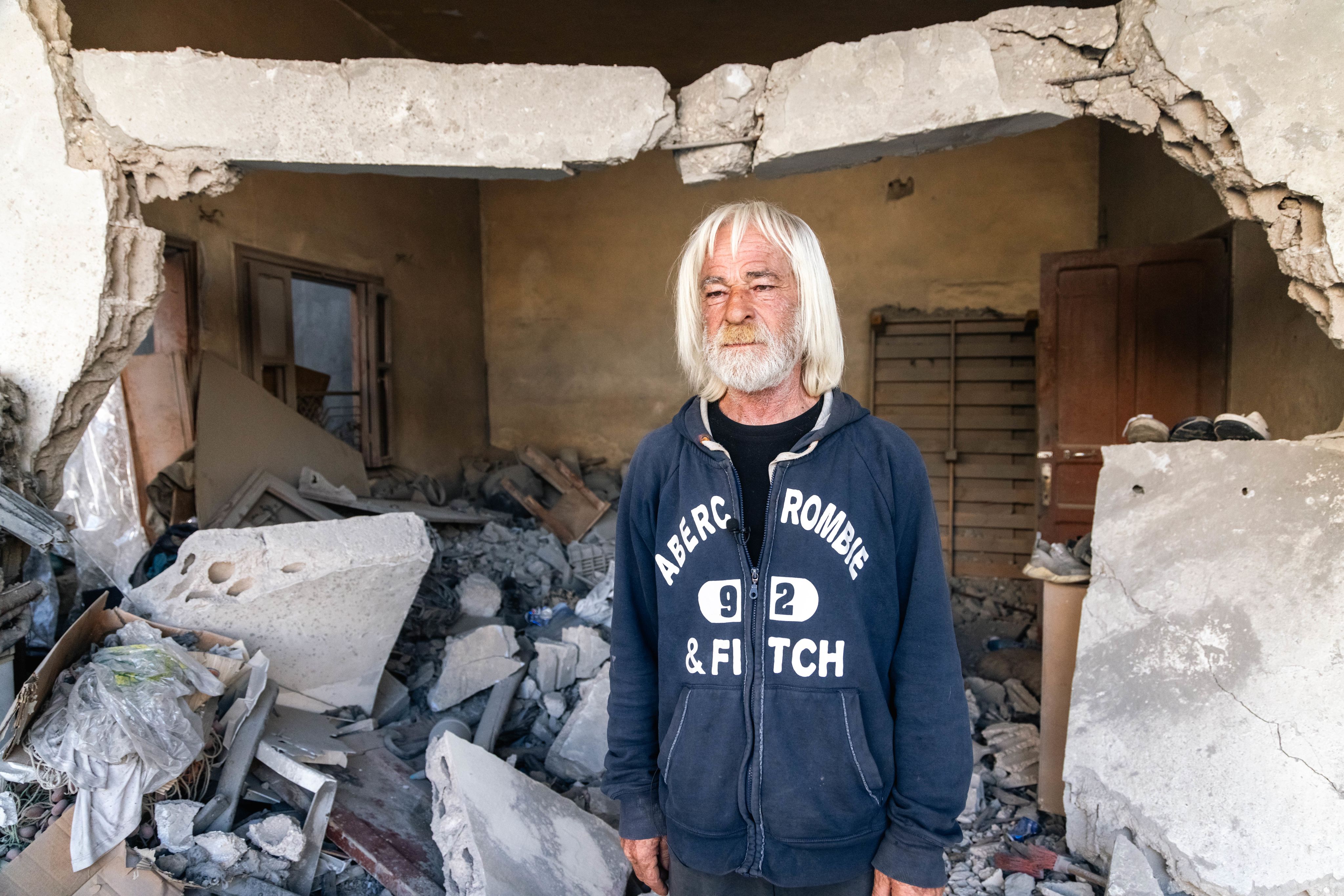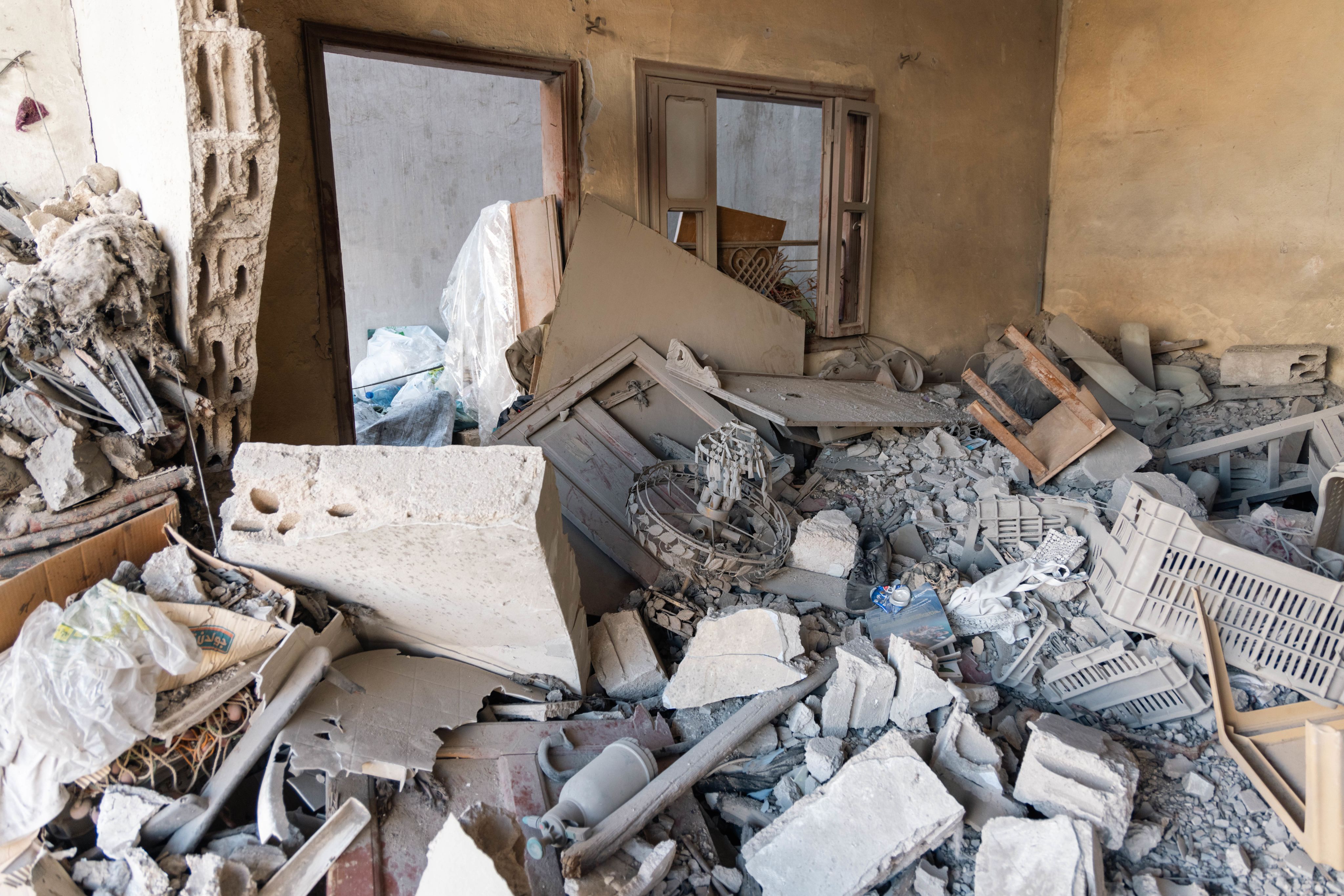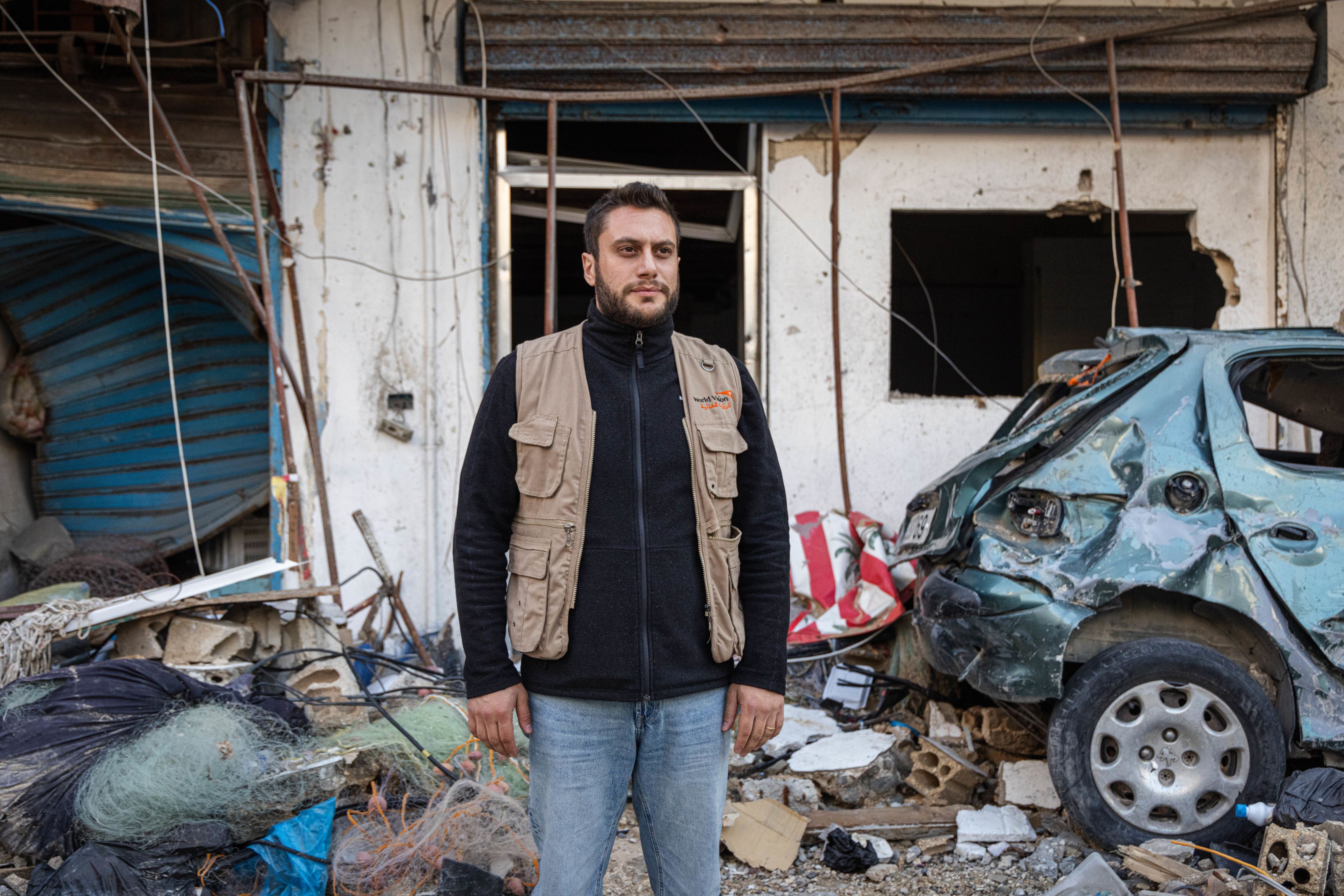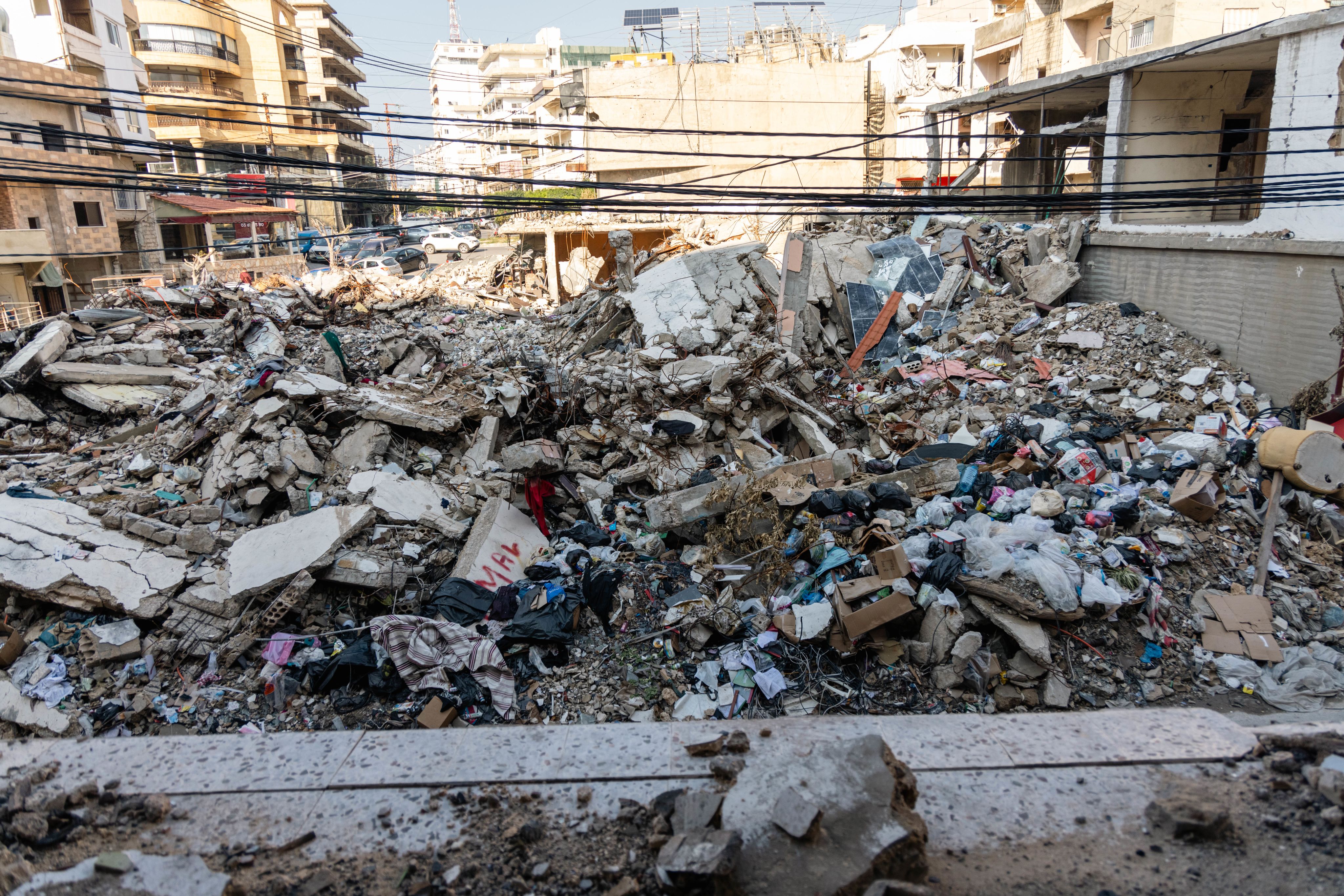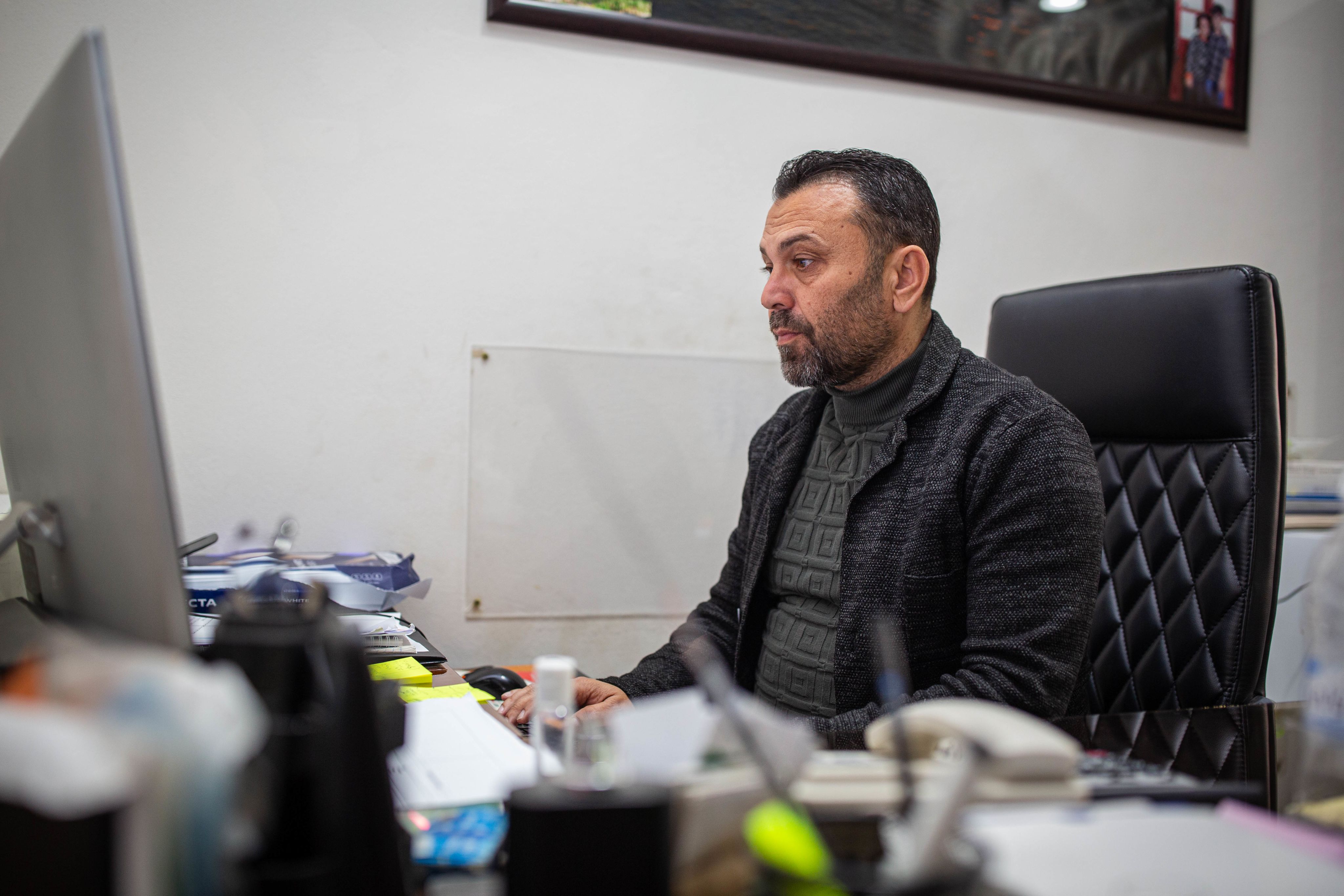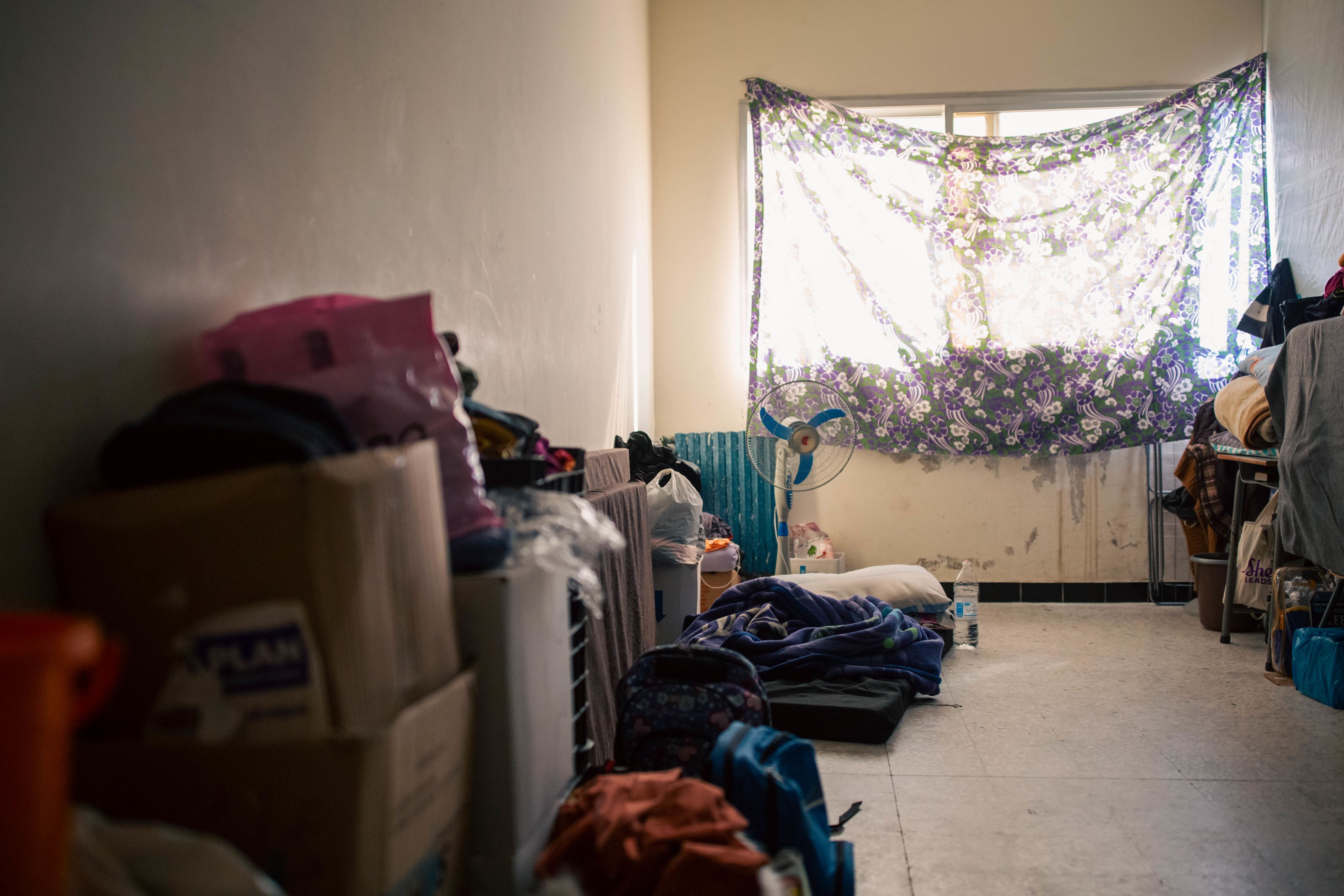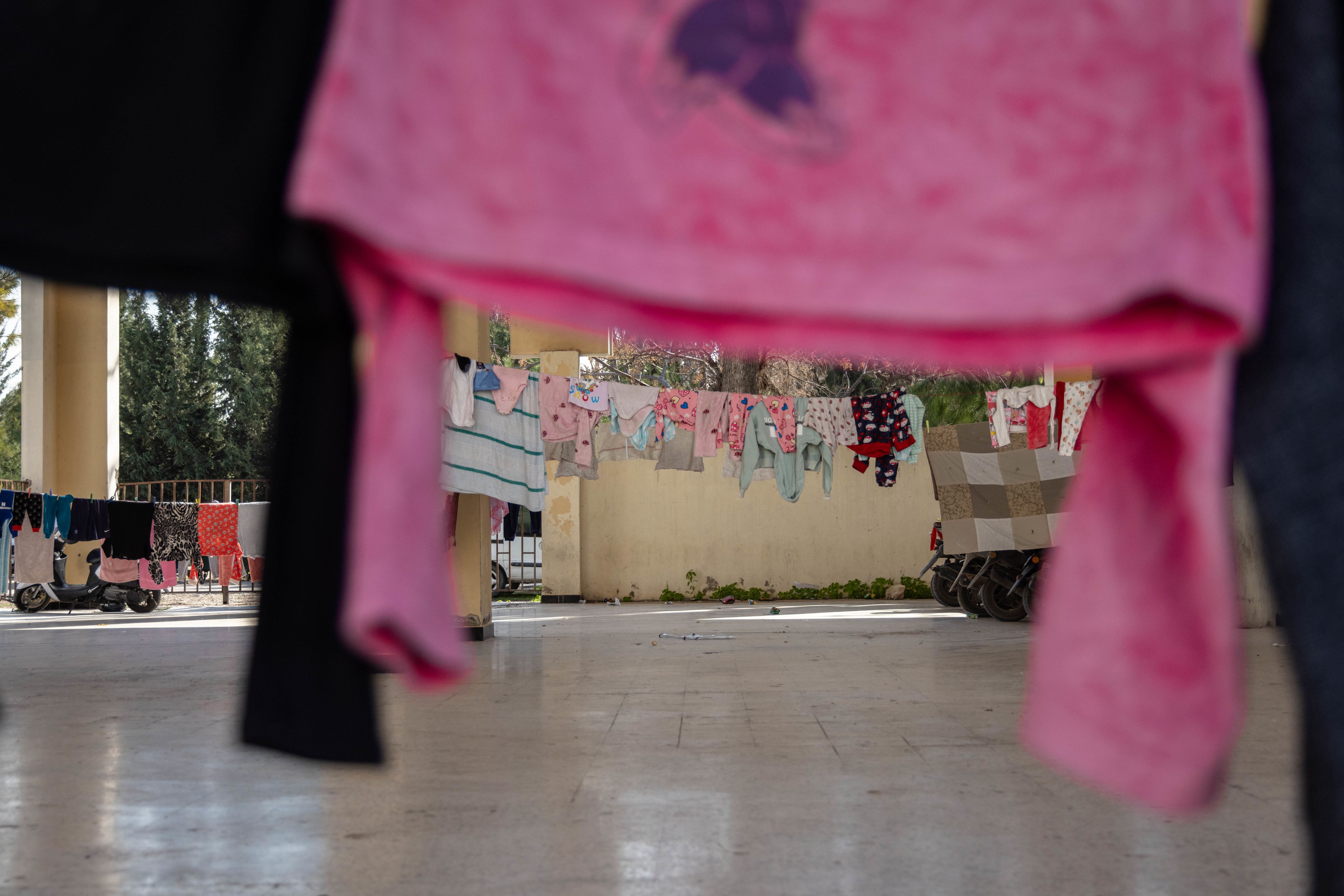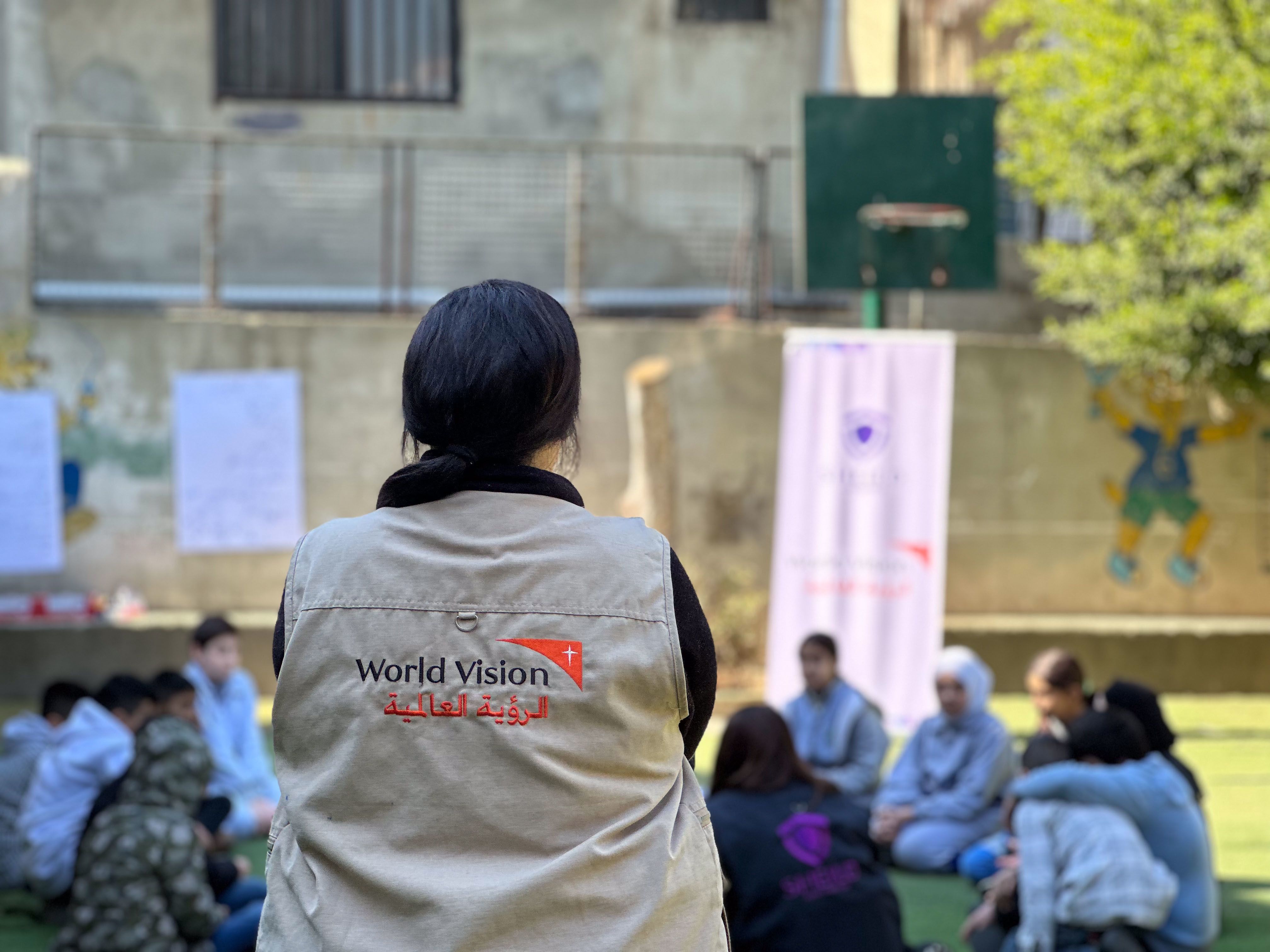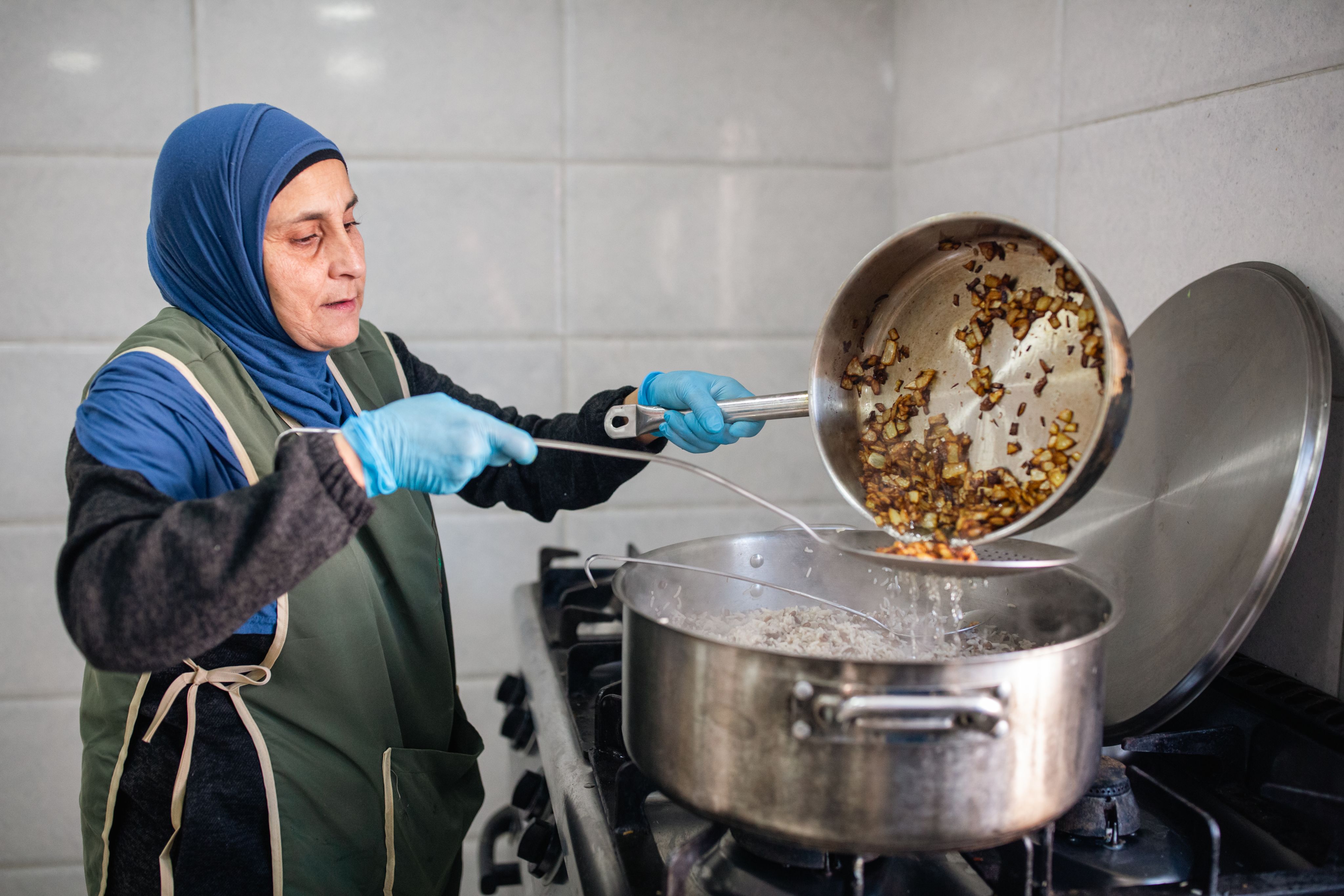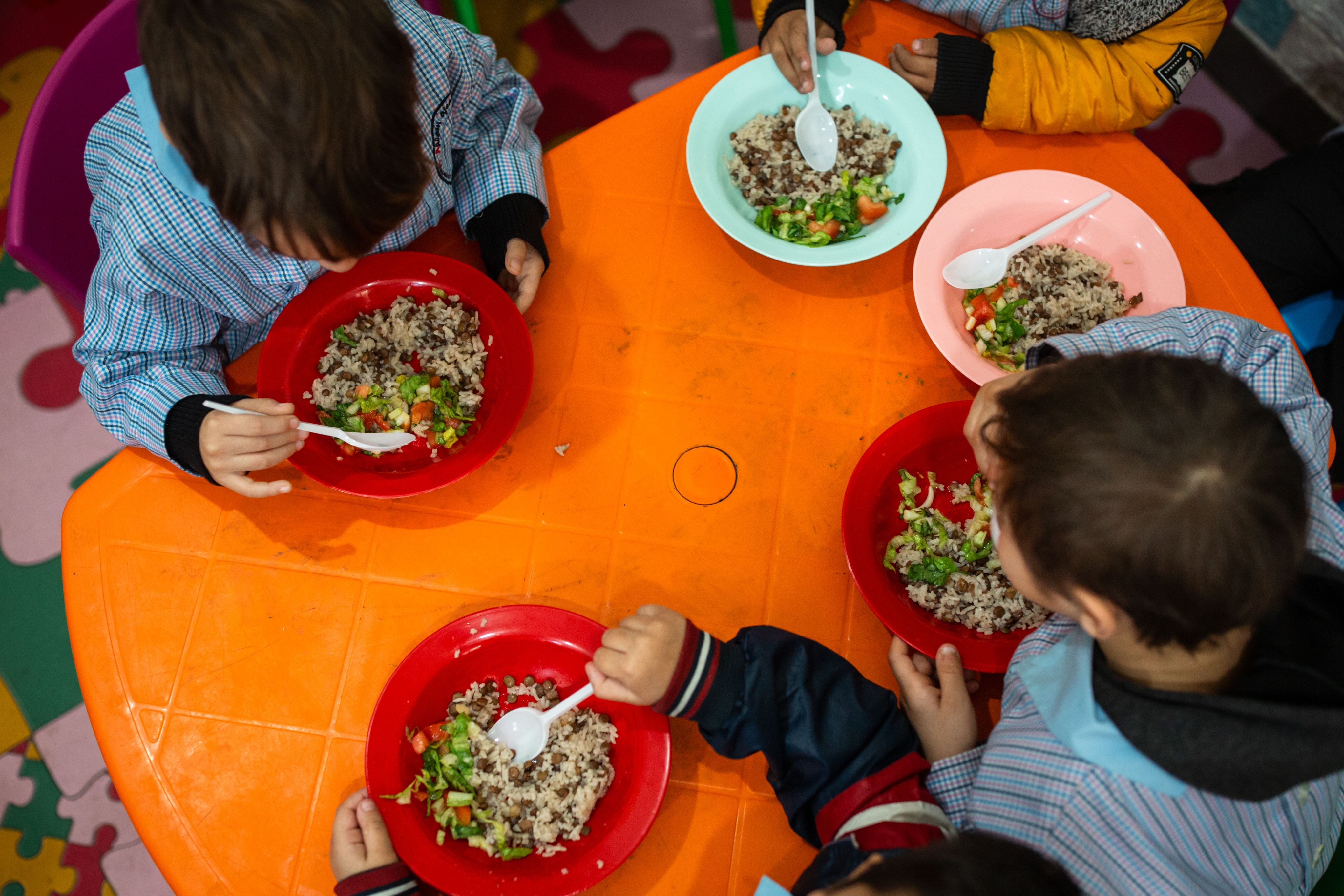Six months on from the escalation: Lebanon at risk of a generational crisis.

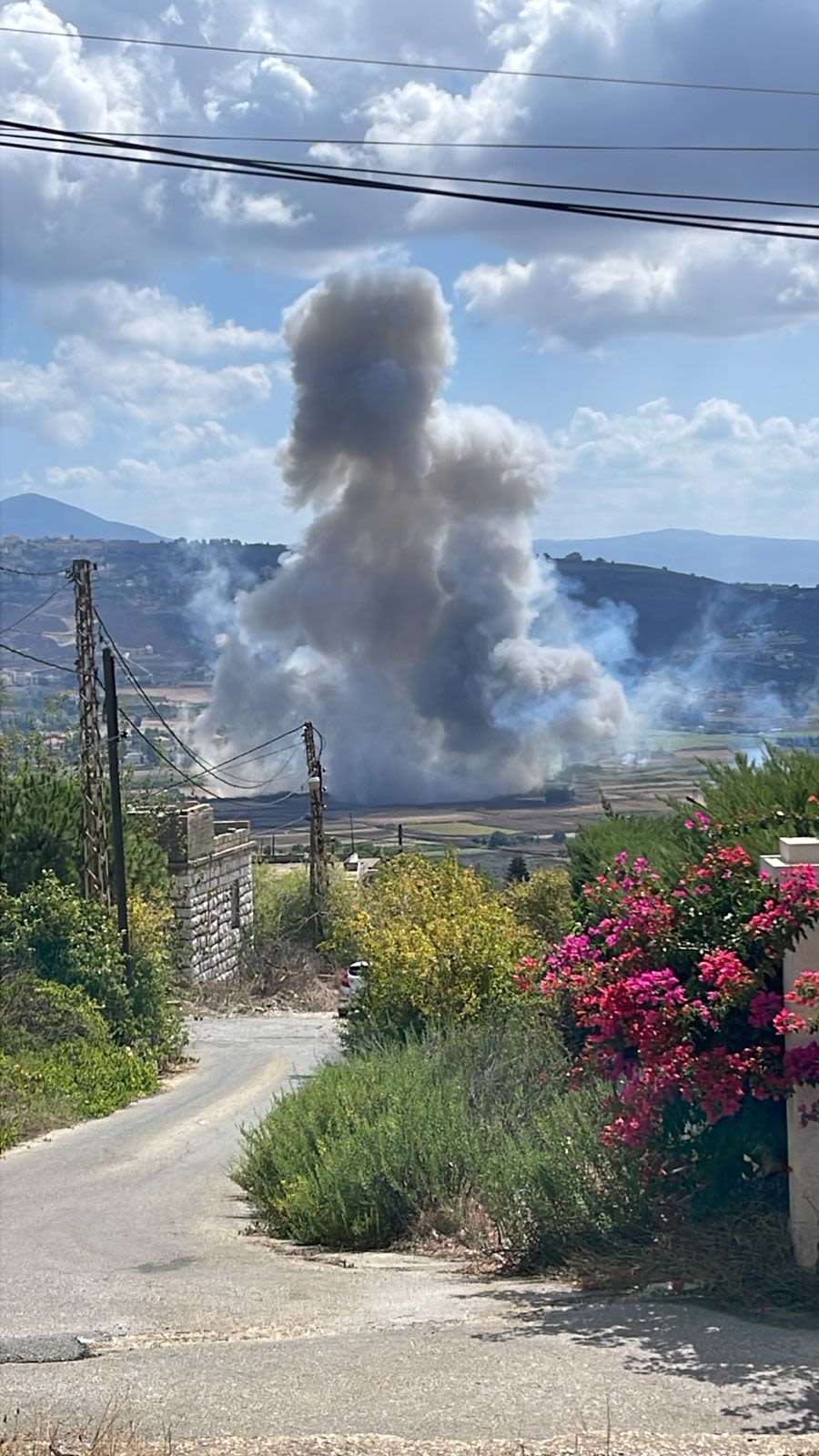
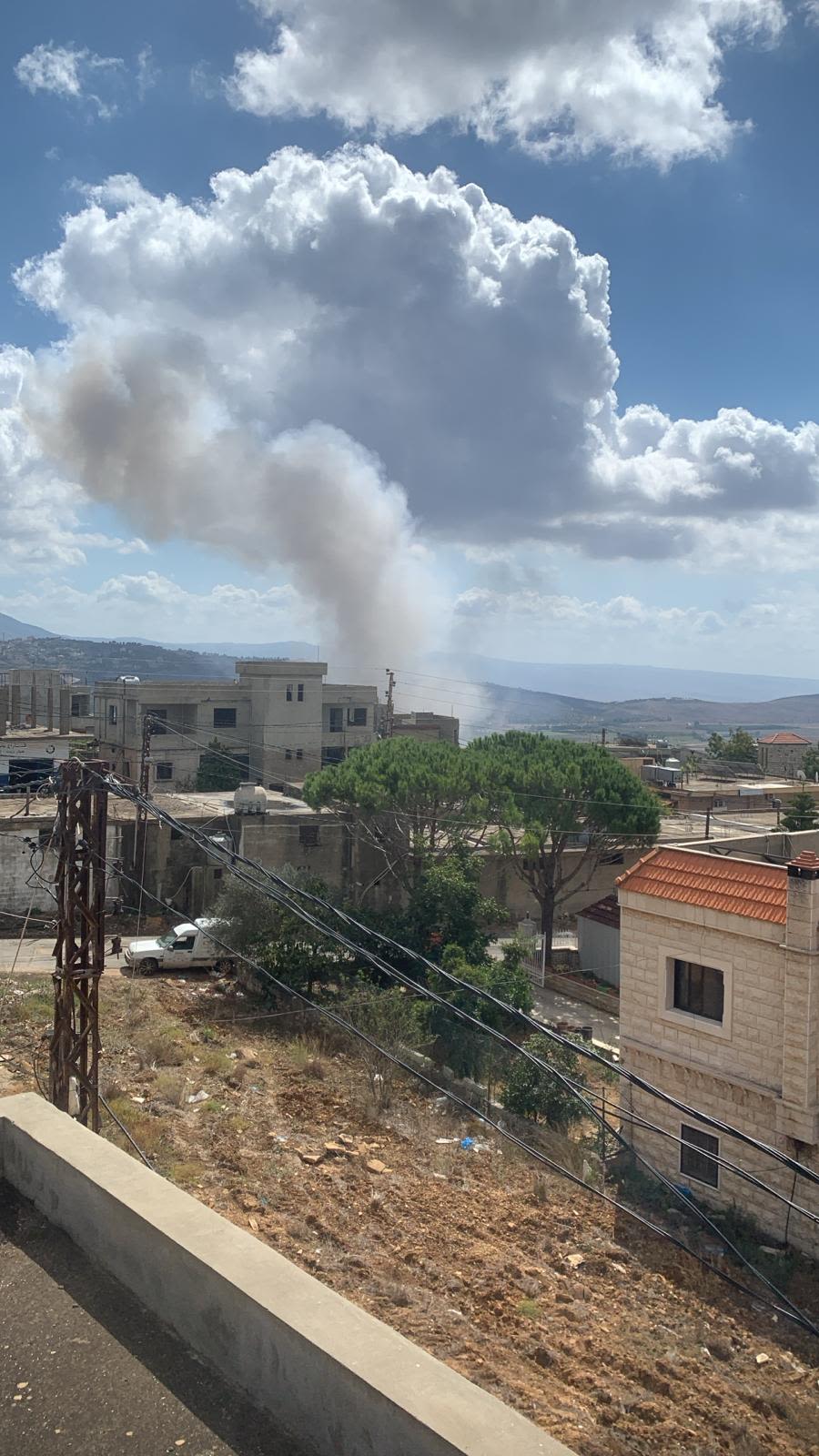
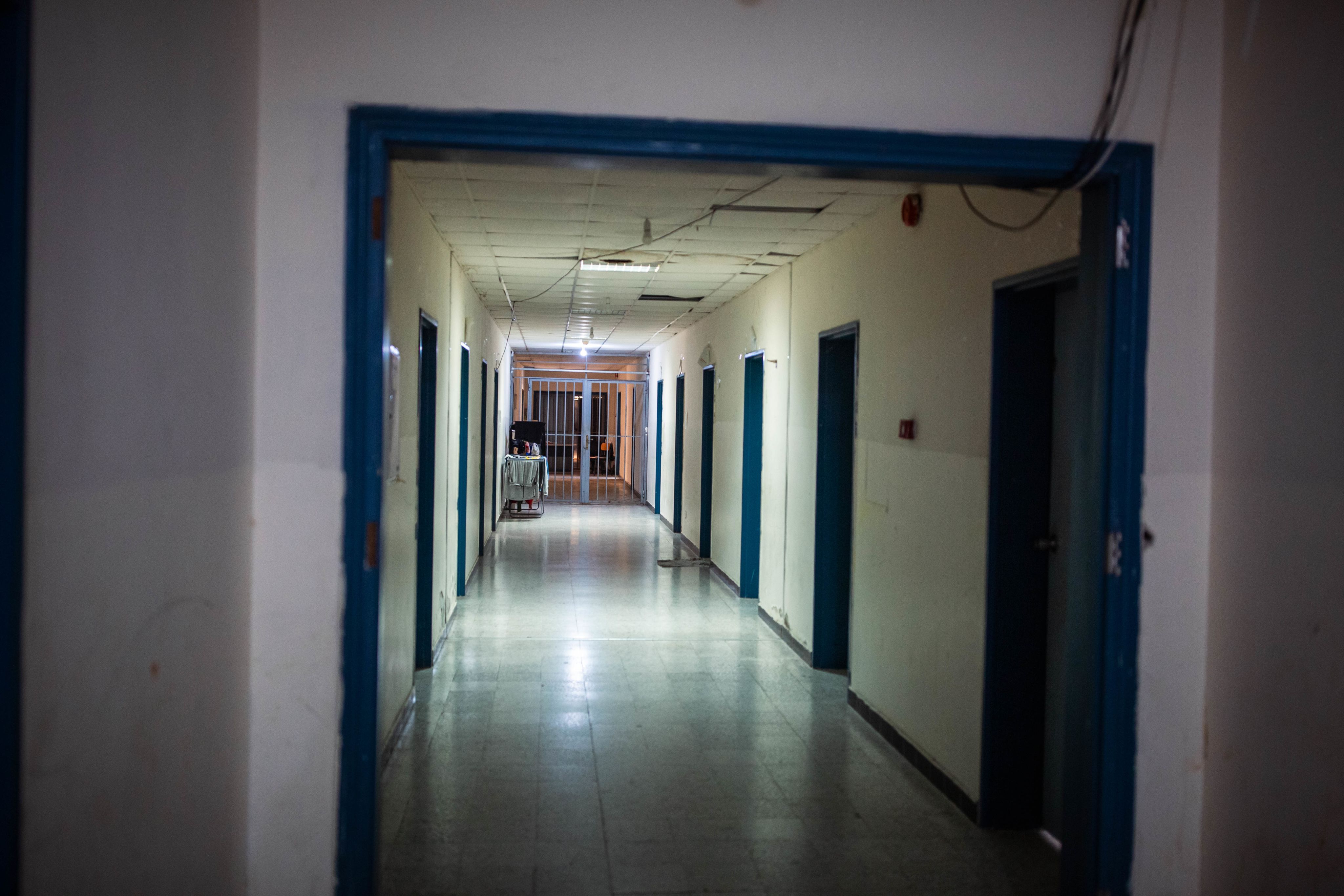
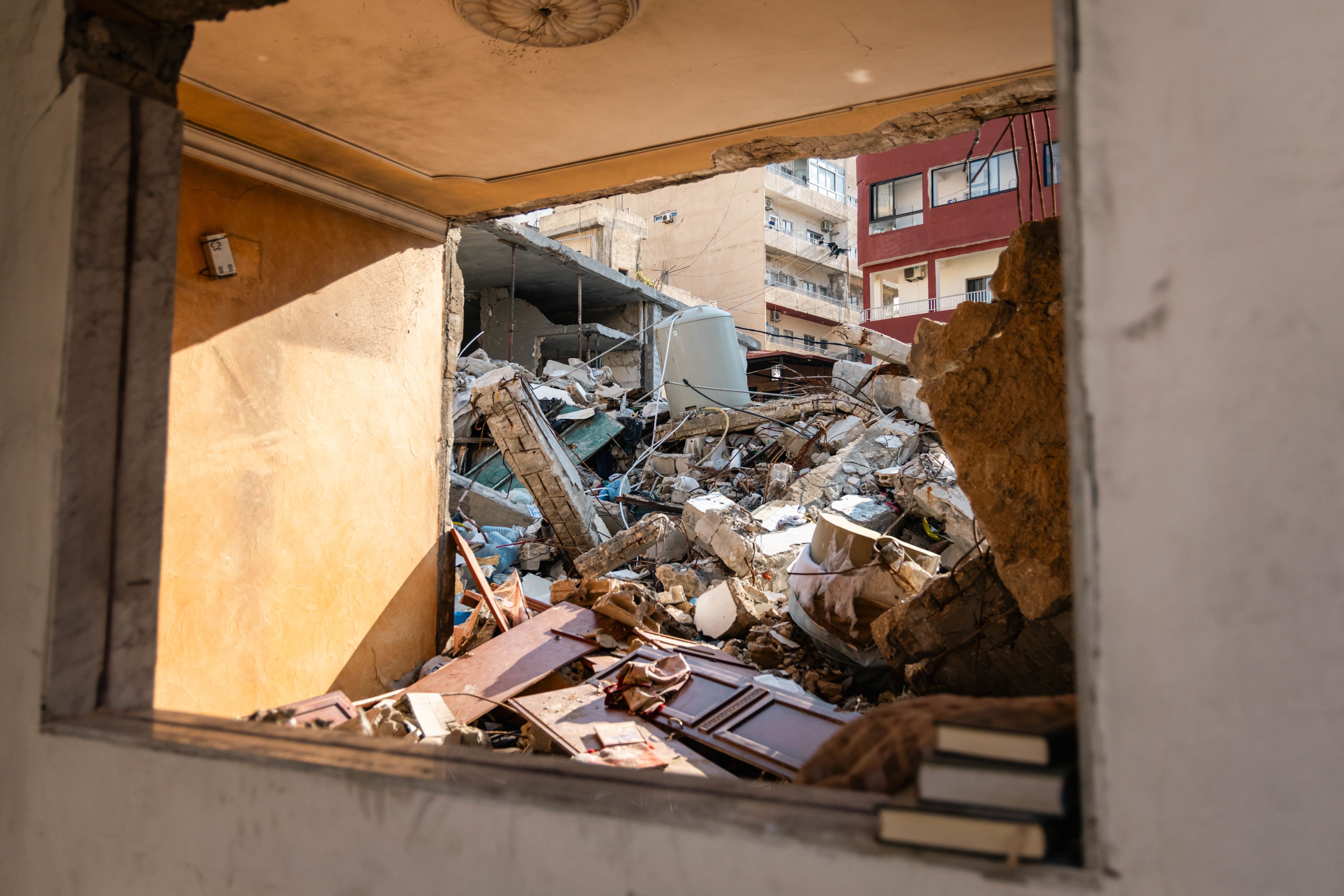
23 September 2024, is burned into the collective memory of the people of Lebanon.
Airstrikes and bombings across the country escalated significantly.
Hundreds of thousands of people were forced from their homes.
The country’s schools were put on hiatus to accommodate the many desperate families, looking for a safe place to go.
Six months on, and amid a cessation of hostilities, large swathes of Lebanon’s south are in ruins.
More than 1 million children are in need of humanitarian assistance, hunger and food insecurity is rife, and health-care services are overwhelmed.


Driving around Beirut and Lebanon’s south, the scars of conflict are plain to see.
Almost 100,000 homes, across the country’s cities and villages, have been either partially or fully destroyed.
Billions of dollars of housing and infrastructure have been destroyed.
Many streets in the ancient city of Tyre are still littered with rubble, with massive buildings flattened by airstrikes and debris spewing into neighbouring homes.
Fadel, a fisherman from Tyre, looks out of the gaping hole in his wall at what once was a block of units across the road.
It was completely levelled when it was struck late at night.
“We lived a nightmare and woke up in chaos,” he said.
“The camera is the biggest evidence of the extent of the destruction.”
Fadel is one of the thousands of families across Lebanon who face the onerous task of rebuilding their homes and livelihoods in the wake of this humanitarian crisis.
“We need to come together to get out of this situation, but one hand does not clap,” he said.
“We ask all the good people ... that care about the humanitarian situation to take these matters seriously, and to be on the ground to put their finger on the wound.”
The streets of Tyre are humming with activity now, a stark contrast to the empty town it had become just a few months ago.
Around 1 million people were forced to flee their homes at the height of the escalation.
Most have returned, but a fragile security situation in parts of the south, along with the extensive destruction of buildings and infrastructure, has hampered a homecoming for many others.
Roudy Saidy, World Vision Lebanon’s Response Coordinator, travelled extensively through the country’s south and the Beqaa Valley during the escalation in order to distribute and coordinate aid.
“I remember coming to Tyre in the second or third week after the escalation,” he said.
“There were no people, all the stores were closed, everyone had left their homes, even their cars and belongings were left on the road.”
“Unfortunately, the conflict escalated further and now we see this destruction.”


World Vision Lebanon immediately swung into action following the escalation.
Through careful planning and overcoming major logistical challenges, the organisation provided support to more than 350,000 families.
Over this extremely tough period, families were given meals, food parcels, mattresses, blankets, hygiene kits and many other items to get through a difficult winter while displaced from home.
“We were among the first organizations able to set up a convoy, certainly in cooperation with the Lebanon Humanitarian Fund,” Roudy said.
“We were able to bring aid, whether it was food or other essential supplies.”
“We were always keeping up with the situation of the displaced people, especially those who didn't even have a small room to stay in ... we felt that this is our mission.”
Most of Lebanon’s schools, that at one point accommodated hundreds of thousands of people, are now back in operation.
This school in Tyre, was one of several that Mortada Mhanna, from Tyre’s Disaster Risk Reduction Unit, a local government arm, looked after.
“The situation was very terrifying, living under rockets and shelling, it was really scary, but we had the will to stay,” he said.
“I remember very well, we were asking for food, water, vegetables, and bread.”
“Thanks to (World Vision Lebanon) and God, we managed to provide a large part of the food, hygiene, and bread supplies.”
While classes have resumed here in this Tyre technical school, down the hall are other classrooms that are still closed, sheltering the families who have been unable to return home.
“We need to start looking for houses, rentals or other solutions, ... this is a challenge to move people from the centres to houses, hopefully we will find solutions,” Mortada said.

The education of hundreds of thousands of boys and girls was severely disrupted during this crisis, with World Vision Lebanon now working to help children stay in school.
One in three, or more than half a million children, are out of school, carrying profound risks for this generation.
World Vision Lebanon is carrying out retention programmes with children, to help them to catch up on learning and to stay engaged in school.
The impact to children’s mental health, because of this crisis, will be immense.
14-year-old Jad is one of the many children who lost their home and family members in the escalation.
“We returned to devastation, our house was hit by an airstrike,” he said.
“I felt no joy at all ... We lost many of our loved ones.”
“Going back to school was a relief, we reunited with our friends and teachers and life slowly regained its spirit."

World Vision Lebanon is supporting children through psychosocial support (PSS) programmes, and creating safe spaces for children to learn, play and reclaim their childhood.
One of the largest impacts of the conflict has been the economic impact and loss of agricultural land, culminating in an exacerbation of a child nutrition crisis.
The escalation came on top of an economic crisis in Lebanon, with many households already living below the poverty line.
In areas impacted heavily by the conflict, children are likely to bear the brunt of food shortages, with an increased risk of malnutrition.


Households are cutting their spending on food, education, health services and even medications.
At this community kitchen and kindergarten, supported by World Vision, a meal used to be prepared for the children several times a week.
Now, a basic meal like a Mujaddara (lentils, rice and onions) with salad is only prepared for these children once a week.
As food insecurity rises with the increasing prices at the market, community kitchens and emergency food parcels are often the only source of nourishment for many families across the country.
Samia, a local mother working at the kitchen, said her family hasn’t been spared this pain.
“We can't live, we barely buy a dish from the market and the rest is pasta without meat, lentils, mujaddara.”
“You have to manage somehow because the situation affects everyone, not just one or two people, everyone.
“I have children at home, and I wait for aid or donations to get a bag of milk to make them milk and cake or rice pudding,” Samia said.
“I don't make it for them because I can't afford it.
“Fruits are scarce, if I find cheap fruits in the market, I buy one type, not like before when you could find three or four types in the fridge.”
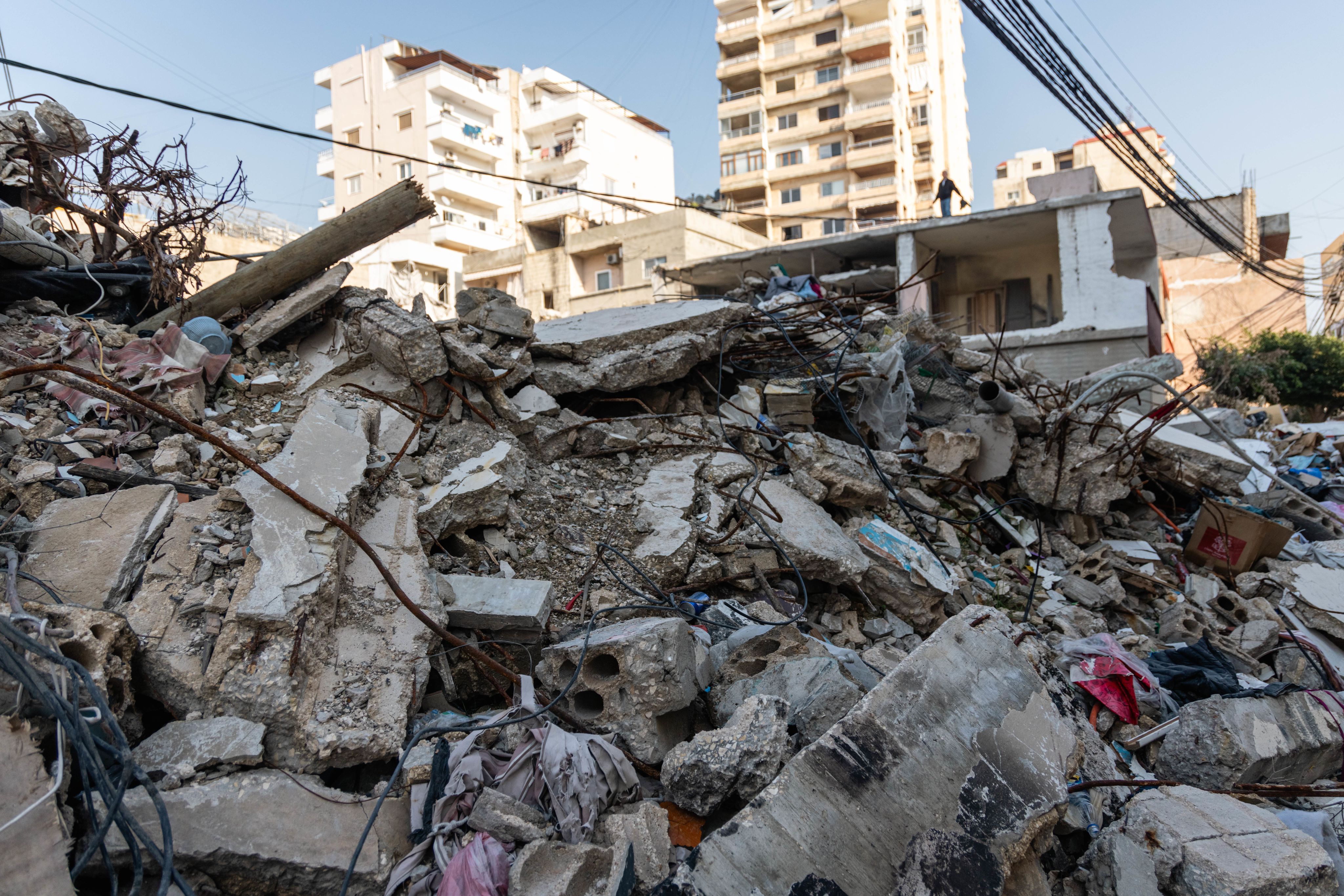


Six months on from the escalation and displacement, destruction and uncertainty are still rife.
A major funding shortfall of US$2.7m exists in the international response to support the many vulnerable families in Lebanon.
Support from governments, philanthropists, and the private sector will be crucial in helping the country to rebuild its future.
More needs to be done to restore livelihoods, infrastructure and give children the future they deserve.
In this pivotal moment, rebuilding the future of Lebanon’s children will require more than just hope.
World Vision has been working in Lebanon for 50 years and has been responding rapidly to the increasing needs as the conflict continues to escalate, impacting more people directly. Since the beginning of the response in October 2023, World Vision has reached 370,154 displaced people, including 129,680 children and 74,103 families across Lebanon, swiftly scaling up support each time the violence intensified. This response has included delivering hot meals, food kits, and cash assistance to ensure families have access to food; supporting schools with repairs; providing students with e-learning support; enhancing mental health and psychosocial services; equipping safe spaces within communities; and ensuring access to clean water, sanitation, and hygiene facilities.
